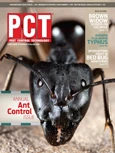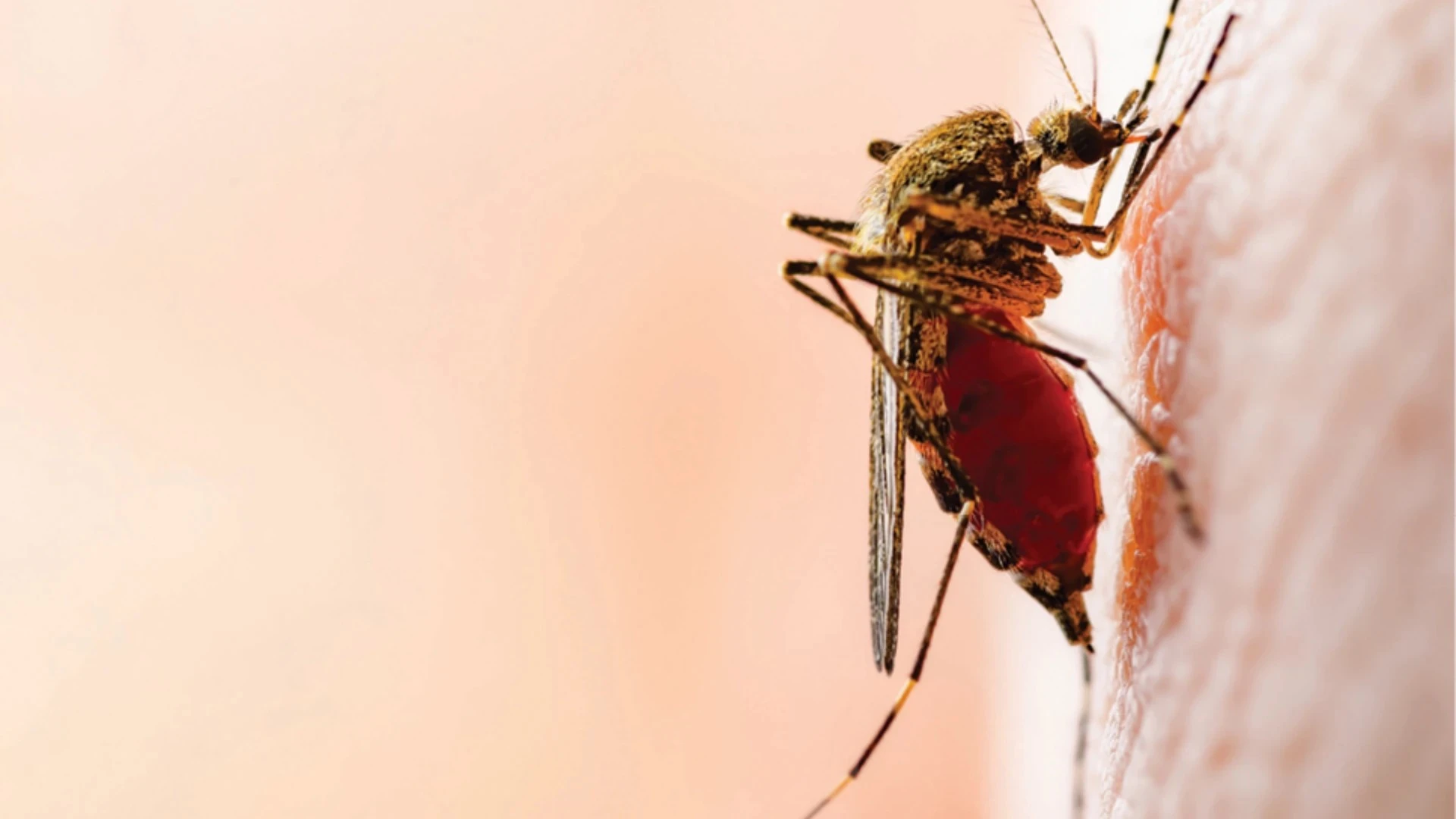You can’t turn on the TV or surf the Web without seeing pretty grim headlines relating to the economy: “U.S. jobless claims rise to 654,000 last week,” “Housing starts lowest on record,” “Small businesses feeling credit crunch.” This is just a sampling of the bad economic news being reported on a daily basis. As challenging as it is out there, I’ve been impressed that so many of the PCOs I’ve spoken with in recent months remain upbeat and optimistic. At the same time, I’ve not been surprised. This industry is filled with innovative entrepreneurs and leaders with savvy business minds who are adept at dealing with adversity. Here are just a few of the reasons I believe PCOs will survive this economic downturn and emerge well positioned for future growth.
The very nature of pest control is that these services always will be needed. For example, one of the industry’s core services is ant control. According to PCT’s 2008 Annual Readership Survey, “the service that represented the largest growth market for PCOs in 2007 was ant control (31.6%),” which easily outdistanced the next most popular service offering — termite control (18.4%). In the same survey, the largest percentage of respondents (38.1%) selected ants as “the pest proving to be the hardest to control in their market.” The obvious conclusion that can be drawn from this research further illustrates why ant control services offer such growth potential: opportunities exist in the form of gaining new customers (for example, a frustrated do-it-yourselfer who finally decides to call a professional) or from gaining customers who were dissatisfied with their existing service provider. Of course, attracting new customers and retaining existing ant control customers is contingent upon delivering quality service. To keep PCOs updated on the latest research, products and trends relating to ant control, PCT proudly brings you our annual ant control issue. Beginning on page 39, readers will find articles from leading industry researchers and practical tips for pest management professionals in the field.
Government might help the cause. In February, President Barack Obama signed into law a $787-billion stimulus package that his administration hopes will help lift the economy. While it’s yet to be determined just how this money might trickle down to PCOs, the hope is that economic conditions will improve in the second half of 2009 as stimulus dollars take effect.
PCOs have become successful by developing creative business models and being resourceful. In February, PCT held its “Growing Your Business Summit” in Orlando (see page 115). As speaker Dan Gordon, president of PMP Wealthbuilders, noted, PCOs are used to operating in down times since for many PCOs pest control is seasonal work; demand for pest control services also can have peaks and valleys due to any number of circumstances (e.g., a bad swarm season). They have learned to be resourceful to survive these downturns. For example, Bobby Jenkins, ABC Pest & Lawn Services, Austin, Texas, said his company has been able to offset declining termite work by more actively promoting its rodent exclusion services. Other companies have found new revenue streams by adding services that are a good fit for their business model. For example, John Wilson, division vice president, Orkin, reviewed how the firm incorporated mosquito control into its business model and Kevin Burns discussed how Arrow Exterminators targeted the emerging wildlife market segment and then developed and executed a business plan for adding this service offering.
Of course, the challenges awaiting all business are many-fold and no one knows just when the economic downturn will end. But I commend PCOs who are taking these and other types of proactive measures to sustain their companies for themselves and their employees, both now and in the future.
The author is Internet editor and managing editor of PCT magazine and can be contacted at bharbison@giemdia.com.

Explore the April 2009 Issue
Check out more from this issue and find your next story to read.
Latest from Pest Control Technology
- OvoControl Now Available in Chile
- Envu Announces Savings Programs for Pest Management Professionals
- Follow the Trail
- Carpenter Ants: Understanding the Bothersome Burrowers
- Massey Services Acquires Insight Pest Solutions of San Antonio
- Target Specialty Products Expands Sales Leadership Team
- Mosquito Joe Promotes David Price to Vice President of Strategic Growth
- Abell Pest Control Recognized as One of Canada’s Best Workplaces in 2025





